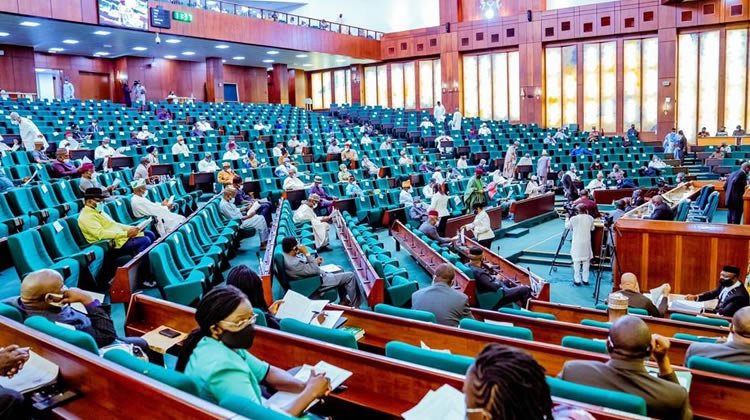At 20, Esther Akan says she shoulders the burden of a 40-year-old and she does not look her age. As she strides through a bush path, on a sunny day in December 2021, with a basket on her head, her three-year-old daughter lets out a shrill scream.
Esther has no job and is pregnant. She became a farmer who only cultivates on their family’s small plot of land primarily to feed herself and her daughter. She also takes some to the market to sell whenever there is a surplus of her farm produce.
Five years ago, Esther was an SS2 student at Community Secondary Grammar School, Ikot Essien, Ibesikpo-Asutan, Akwa Ibom State. Then 16 years old, she got pregnant by her former schoolmate who had turned 30 already. She moved in with him as his wife and stopped going to school, a decision she says she now regrets.
In January 2021, her husband passed away shortly after confirming Esther was expecting their second child.
“I regretted taking that decision (early marriage). Instead of gaining, I am now suffering more than before,” Esther told PREMIUM TIMES.
In Nigeria, child marriage is defined as the union between two people in which one or both parties are younger than 18. In Akwa Ibom, the age of adulthood is 16. The United Nation Children’s Fund (UNICEF) estimates that 43 per cent of women in Nigeria aged between 20 and 24 got married before their 18th birthday. About 17 per cent were married by their 15th birthday.
Also, 80 per cent of those married before 18 gave up education as did 39 per cent of those married before 15.
While child marriage is predominant in northern Nigeria, with Jigawa having the worst situation with 90 per cent of girls less than 18 marrying in the state, the phenomenon also exists in southern Nigeria – albeit at a relatively lower scale.
Four states with the highest incidence of child marriage in the south are Ogun, Oyo, Delta and Akwa Ibom, with 29 per cent, 23 per cent, 23 per cent and 22 per cent respectively, according to the UNICEF data.

